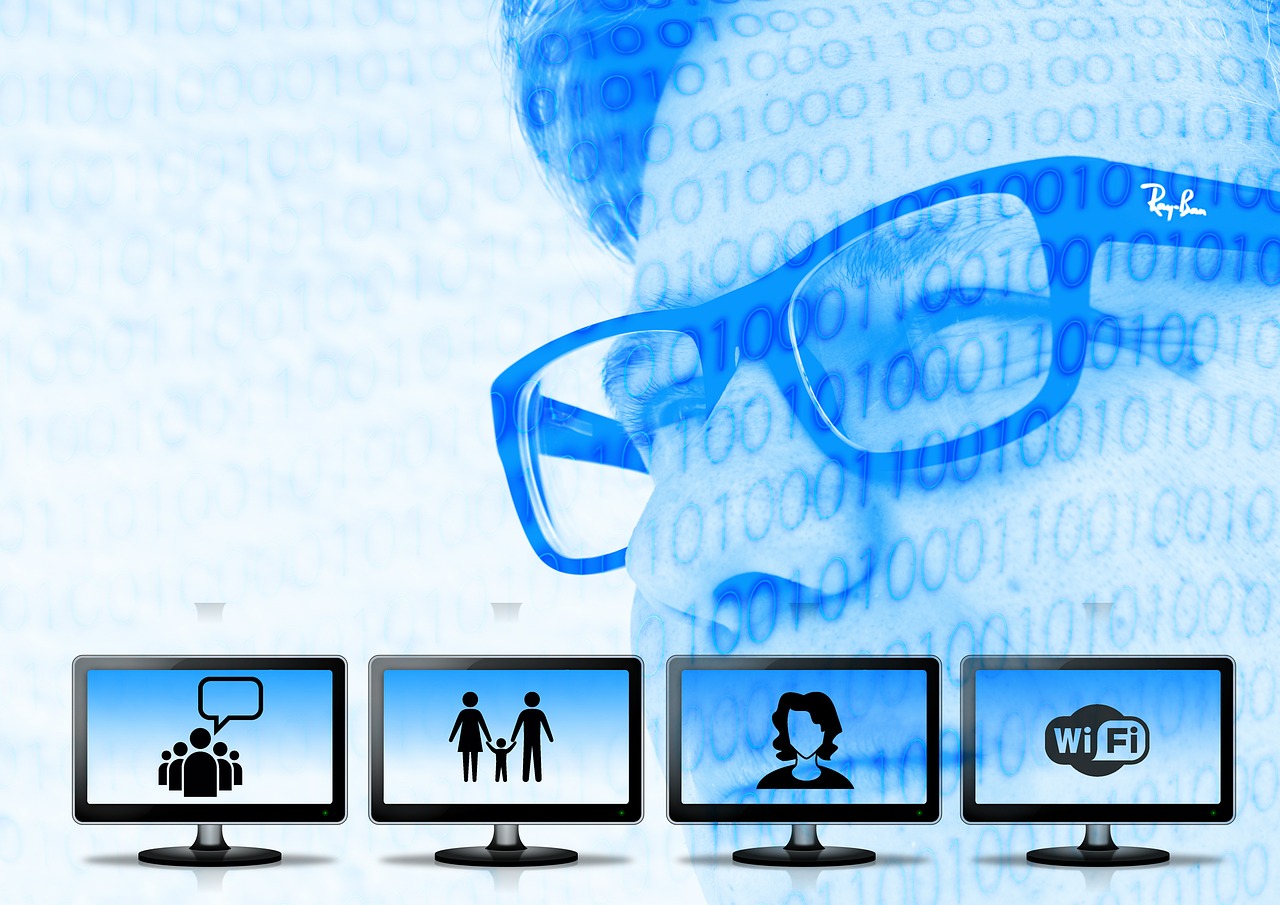Who’s In Charge Of the Internet?
The Internet has grown to dominate the economy and the lives of hundreds of millions of people. But who controls it and who will control it in the future?
In the beginning
The Internet started from an initiative of the American Defence Department as far back as the 1960s.
It began as a very small network with the first message sent between two universities in California in 1969.
The Internet continued into the 1980s as a small system with a restricted reach and was pretty much unrecognisable to today’s model.
It was used mainly by a small number of Government Departments, universities, academics and those with a keen interest in technology.
The growth of the Internet was unplanned and unforeseen as more easy to use services coupled with the availability of broadband helped drive its extraordinary expansion.
It was never meant to be the entity it is today or act as a key driver of the economy, job creation and wealth.
During the 1990s the Internet expanded at an exponential rate, as it became an everyday part of life for hundreds of millions of people.
In recent years it has grown to be used by over three billion people and will, no doubt, add more billions of users in the years ahead until it reaches saturation level.
During all this time the issue of who controls the Internet has never been settled although the US is seen by most parties as being in the driving seat.
Towards the private sector
The issue of control has now shifted away from government to a non-profit company called Icann – Internet Corporation for Assigned Names and Numbers.
The idea behind Icann is that it is made up of different stakeholders from the public and private sectors as a way to retain an ethos of access and availability.
It also ensures decisions are removed from the control of governments that may wish to stifle its influence or international reach.
The idea that such a small network with a modest initial ambition could grow to dominate the world in the way it does is astonishing.
It has, however, happened and the reason may lie in its core purpose of wanting to be open to everyone, available everywhere and always on.
It is also as a result of the incredible investment of multiple stakeholders who have spent billions of pounds on hardware and infrastructure to connect it in a network that spans the globe.
It is worth remembering, however, that the Internet works in practice because of connections and cables, switches and servers, and logistics and lines deep beneath the sea.
Ultimately, however, its success is as a result of the values and vision it promotes to everyone everywhere on the planet.
So, the Internet is owned by everyone and no one and with a little goodwill and a lot of protection it will stay that way.




